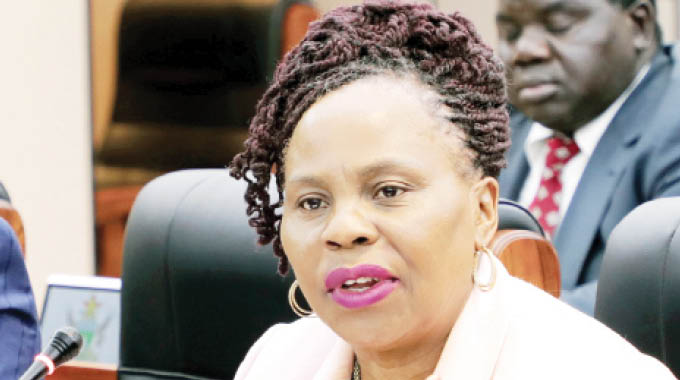Diarrhoea spikes as Bulawayo water crisis deepens

Nqobile Tshili, Chronicle Reporter
BULAWAYO is recording a spike in diarrhoea cases in the middle of a deepening water crisis where most suburbs are receiving water for about 12 hours in a week.
Mzilikazi, Magwegwe and Luveve clinics are recording the highest number of cases, although sporadic incidents are received in various council-run health care centres across the city.
Bulawayo City Council (BCC) said tests are being conducted to ascertain what could be causing the diarrhoea outbreak.
The council however blamed poor hygiene for the disease outbreak.
The water situation has increased unhygienic practices such as open defecation as residents seek alternative ways of conserving water in their homes.
Experts have warned the practices could increase chances of waterborne diseases such as cholera, typhoid and dysentery.
In June, Bulawayo’s Luveve suburb recorded more than 2 000 diarrhoea cases, leading to the death of 13 people.
Human waste was blamed for contaminating water causing the typhoid and dysentery outbreak and in a number of suburbs effluent can be seen on the streets and at people’s houses.
Responding to Chronicle’s questions, BCC senior public relations Mrs Nesisa Mpofu said since September the city has recorded nearly 400 cases in three hot spots.
“Most clinics are recording an increase in the number of diarrhoea cases, however, Mzilikazi, Magwegwe and Luveve have higher figures compared to the rest.
“The figures below are for the three clinics starting at the time of the latest outbreak in Mzilikazi from 21 September 2020 to 13 October 2020. Magwegwe has recorded 89 cases, Luveve Clinic has recorded 55 cases and Mzilikazi Clinic has recorded 245 cases to date. However, the highest number was recorded in Luveve during the June to August period where over 2 000 cases were seen at the clinic and in the community,” said Mrs Mpofu.
In Mzilikazi and surrounding suburbs, children under the age of five are the hardest hit by diarrhoea.
She said unhygienic practices were the major causes of diarrhoea and council had taken measures to attend to the problem.
“Diarrhoea is generally caused by poor hygiene and non washing of hands. Regular hand washing addresses causative agents such as food, flies, fluids (drinks) and fingers,” she said.
“The city has a team dedicated to epidemic preparedness and response (EPR) responding to diarrhoeal conditions.
Ailments related to diarrhoea are also treated for free at council clinics.”
Bulawayo is experiencing the worst ever water crisis to affect the city in modern history.
To manage the water, the council has been implementing water conservation strategies which started with 48 hour water shedding exercise.
The council has been tightening the water shedding programme and is now implementing the Provisional Water Restoration Strategy Schedule where only a few suburbs are provided with water for almost 12 hours per week.
“Under the Provisional Water Restoration Strategy Schedule, council supplies residents with what is available at any given day from the service reservoirs. The schedule is also meant to ensure that the reservoirs do not collapse as any collapse of the reservoirs will leave the city without water for weeks,” said Mrs Mpofu.
“This is because we have limited quantities coming into the city from the supply dams and we also do not have any reserves in the raw water reservoir to provide a buffer should there be any challenges faced.” -@nqotshili











Comments